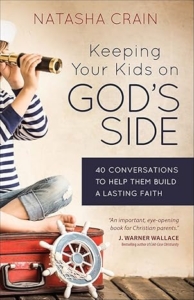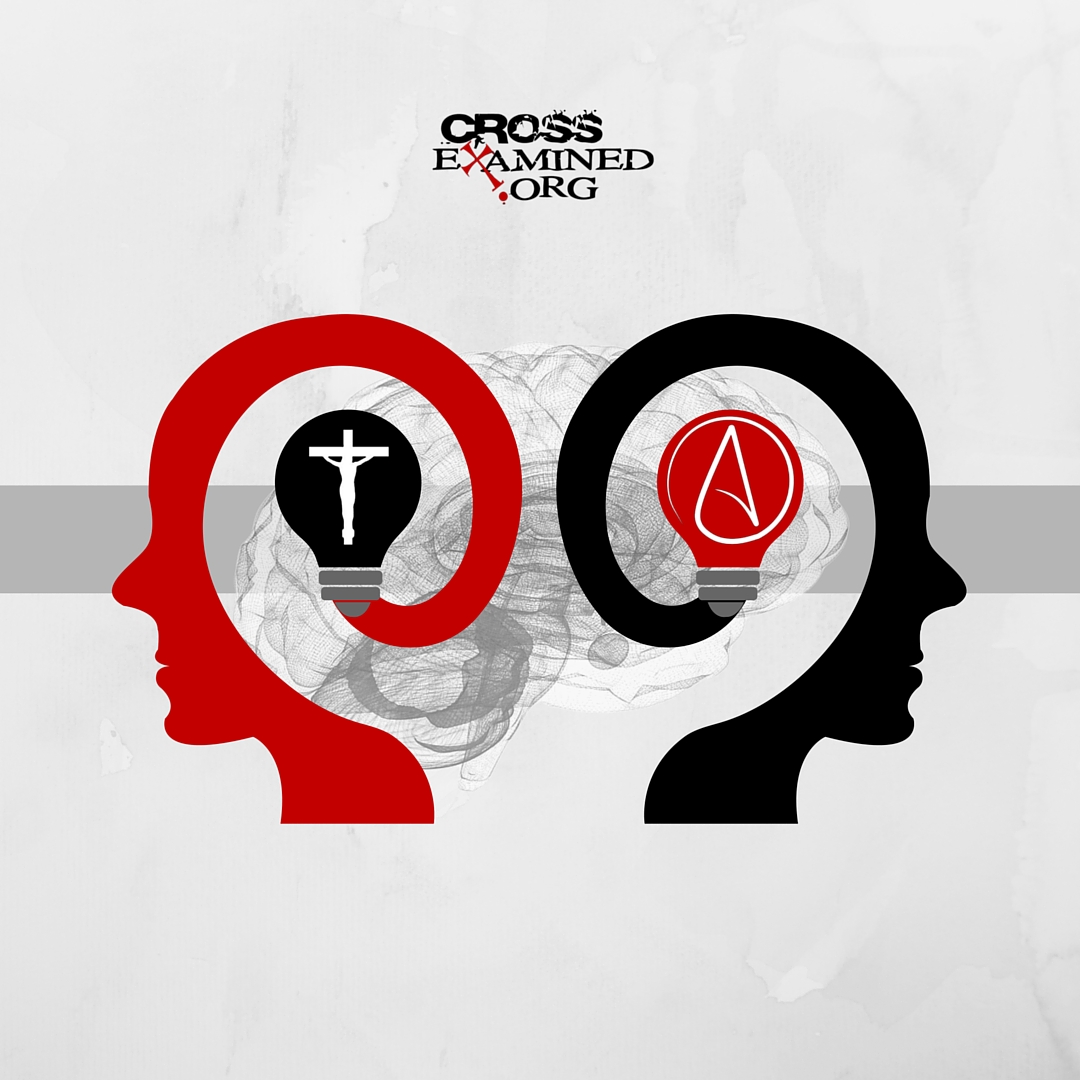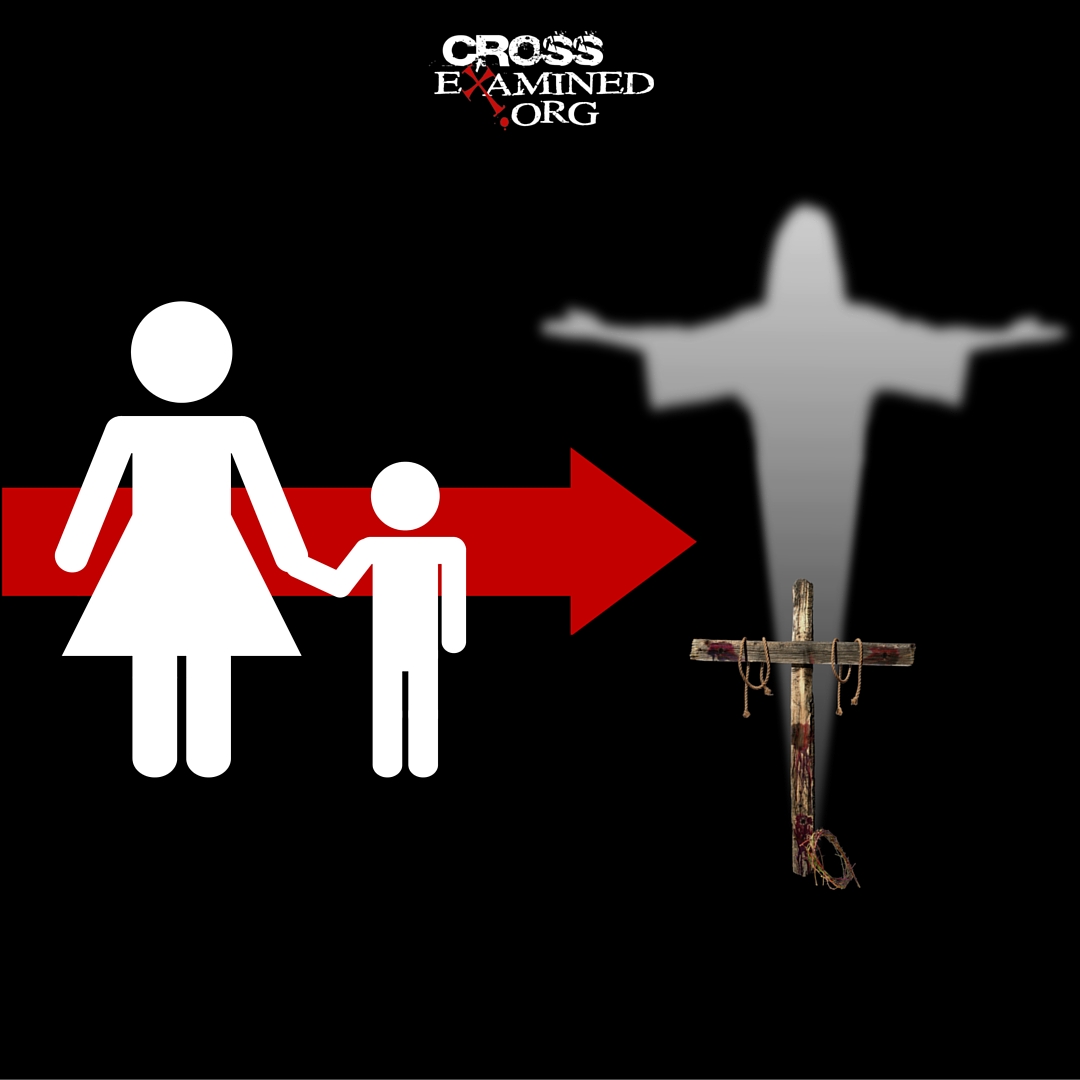The Wisdom Chronicle is designed to bring nuggets of wisdom from the dozens of books I read every year. I endeavor to share the best of what I have gleaned. The determination of relevance lies with you. Blessings, J. Whiddon
1011. ALL NATIONS HAVE HEARD GOSPEL? “Was the gospel preached to all the nations? Acts 2:5 points out that there were indeed people of every nation under heaven witnessing this event:
“And there were dwelling in Jerusalem Jews, devout men, from every nation under heaven.” (Acts 2:5).
Peter preached the gospel in their hearing and the response was overwhelming. The message was first preached to all nations in Jerusalem, and it continued to be taught by the Apostles so that all the nations heard the gospel, as evidenced in Colossians 1:6; Romans 1:8,16:26. Oftentimes, the Greek word translated “all” meant “collectively” or “some of all types.” In other words, the gospel must first be preached to all nations — that is, to some representatives of all nations, not every single person from that day until today.”
Excerpt From: Hodge, Bodie. “Tower of Babel.”
- INSTAGRAM “The main mechanisms by which contemporary American culture today asserts its primacy in the hearts of American kids are the Internet and the mobile phone. Neither of these existed in the lives of American kids 25 years ago. But today, it’s common to see an American 4-year-old playing with an iPad, complete with Internet access. That’s particularly true in affluent communities. And it’s becoming common to see an American 9-year-old with her own cell phone—again, especially in affluent communities.
The more time that 9-year-old spends connecting with her friends, the more likely she is to look to them for guidance about what matters and what doesn’t.
That’s one reason why your daughter may come to value her friends’ opinions over yours. Her friends seem to know more about important things than you do. And the more time she spends on Instagram, the more likely she is to think that knowing about Instagram is important.”
Excerpt From: Sax, Leonard. “The Collapse of Parenting.”
- FRONT RUNNERS “I spent weeks reading, planning, preparing for my trip. I went for long runs, musing on every detail while racing the wild geese as they flew overhead. Their tight V formations—I’d read somewhere that the geese in the rear of the formation, cruising in the backdraft, only have to work 80 percent as hard as the leaders. Every runner understands this. Front runners always work the hardest, and risk the most.”
Excerpt From: Knight, Phil. “Shoe Dog.”
- TAXING POWER? “The number of NON-Defense Department federal officers autho-rized to make arrests and carry firearms (200,000) now exceeds the number of U.S. Marines (182,000). In its escalating arms and ammo stockpiling, this federal arms race is unlike anything in history.” (Wall Street Journal 6-17-16)
- 1015. HIGHEST PRIORITY: EDUCATION (?) “A study of twenty-four leaders of the Einsatzgruppen (the mobile killing units that murdered more than a million and a half Jews prior to the use of gas chambers) indicated that the majority were highly educated professionals: “One of the most striking things … is the prevalence of educated people, professionals, especially lawyers, Ph.D.s. But there are also many highly moral uneducated people. In other words, there is no link between having a good education and being a good person. This should come as sobering news to the large number of parents who view education as the most important value in their children’s lives.
But to become a good person, modern secular education is largely irrelevant. Given the moral relativism and hostility to religious morality that characterize contemporary higher education, it is frequently a handicap.”
Excerpt From: Prager, Dennis. “Think a Second Time.”
- WHITEWASHING SHEEP “The children in a prominent family decided to give their father a book of the family’s history for a birthday present. They commissioned a professional biographer to do the work, carefully warning him of the family’s “black sheep” problem: Uncle George had been executed in the electric chair for murder. The biographer assured the children, “I can handle that situation so that there will be no embarrassment. I’ll merely say that Uncle George occupied a chair of applied electronics at an important government institution. He was attached to his position by the strongest of ties and his death came as a real shock.”
Excerpt From: Hodgin, Michael. “1001 Humorous Illustrations for Public Speaking.”
- LAW REPLACES GOD “Because they [the left] cannot talk about a morality they no longer recognize or the need for a God they long ago rejected, they are forced to insist more laws will solve problems. When God is traded in for government, prayer gets traded in for law. The more laws there are, the better off we will be because government is our god now.
The left is incapable of solving the problems of racism and mass violence in this country because the only solution they have is more government. And more government just means more sinners in charge and more sinners is never the answer to any problem. But a left that rejects the notion of sin and human depravity is incapable of understanding that and instead lives in a self-created fantasy land where we are born gay or straight, but can [later] decide to become boys or girls. People who believe such nonsense will never be able to substantively deal with the horrors of our age.” –THE RESURGENT
- INVESTORS VS. CONSUMERS “Super Bowl champion coach Mike Holmgren started in the NFL as an assistant coach under Bill Walsh. One day, Holmgren was standing next to Walsh as Jerry Rice caught a crisply thrown pass from Joe Montana in a scrimmage. The defensive coverage wasn’t tight, and Rice turned the slant into a sprint up the field for a touchdown. Walsh frowned as he turned to Holmgren, who was just beginning as Montana’s tutor. “That pass is not what we want. It was too close to Jerry’s chest. It should have been six inches in front of his pads.”
From that point forward, Holmgren coached quarterbacks to a standard of accuracy similar to those of heart surgeons or NASA engineers.
In NFL facilities around the league, quarterback coaches are teaching elite quarterbacks like Drew Brees, Aaron Rodgers, and Russell Wilson to throw the ball to receivers in a target diameter of one foot. This perfectly serves the receiver so that he need not stretch, bend, jump, or dive. It makes the catch easier, the run after the catch more effective, and the chance of a first down or touchdown for the team more likely. Quarterbacks should serve receivers with meticulous accuracy.
Meanwhile, in meeting rooms and throughout practices, receivers’ coaches are saying this to wide receivers: “If you can touch it, you gotta catch it.” Great receivers catch anything close to them. They make the quarterback and the team look good. Dive. Leap. Lay out. Take a hit, but catch the ball. Sacrifice.
Quarterbacks and receivers must have investor mentalities. Both groups are aiming to serve their teammates with the highest standard possible. They realize the other position is tough to play, with defenders flying all around them. They focus on the excellence they expect of themselves, not the other position.
Imagine, however, if coaches told quarterbacks to expect receivers to catch anything close, or if they told the receivers that quarterbacks should put every ball in perfect position. The expectations would switch from what they will do for their teammate to what their teammate will do for them. That’s a consumer mentality. Quarterbacks would inevitably lessen their standards of delivering easy-to-catch passes, with defenders about to crush them. Receivers would start putting out less sacrificial effort to catch any pass, especially the inaccurate ones. It would kill the teamwork—and the team.”
Excerpt From: Kemp, Jeff. “Facing the Blitz.”
- PC DANGER – CIRCA 1859 “Like other tyrannies, the tyranny of the majority was at first, and is still vulgarly, held in dread, chiefly as operating through the acts of the public authorities. But reflecting persons perceived that when society is itself the tyran–society collectively, over the separate individuals who compose it–its means of tyrannizing are not restricted to the acts which it may do by the hands of its political functionaries. Society can and does execute its own mandates: and if it issues wrong mandates instead of right, or any mandates at all in things with which it ought not to meddle, it practises a social tyranny more formidable than many kinds of political oppression, since, though not usually upheld by such extreme penalties, it leaves fewer means of escape, penetrating much more deeply into the details of life, and enslaving the soul itself. Protection, therefore, against the tyranny of the magistrate is not enough; there needs protection also against the tyranny of the prevailing opinion and feeling; against the tendency of society to impose, by other means than civil penalties, its own ideas and practices as rules of conduct on those who dissent from them; to fetter the development, and if possible, prevent the formation, of any individuality not in harmony with its ways, and compel all characters to fashion themselves upon the model of its own. There is a limit to the legitimate interference of collective opinion with individual independence; and to find that limit, and maintain it against encroachment, is as indispensable to a good condition of human affairs, as protection against political despotism.”
Excerpt From: John Stuart Mill. “On Liberty.”
- PRAYER, NOT YOU “The actor Denzel Washington tells a story that illustrates this point. “I remember coming home one time and feeling full of myself and talking, ‘Did you imagine all this? I mean, I’m a STAR,’” he said. “[My mom] said, ‘First of all, you don’t know how many people been praying for you and for how long.’ . . . So then she told me to get the bucket and the squeegee and clean the windows.”
Excerpt From: Sax, Leonard. “The Collapse of Parenting.”









 http://bit.ly/2axGp8H
http://bit.ly/2axGp8H http://bit.ly/2aZGsGC
http://bit.ly/2aZGsGC http://bit.ly/2aZH1jK
http://bit.ly/2aZH1jK